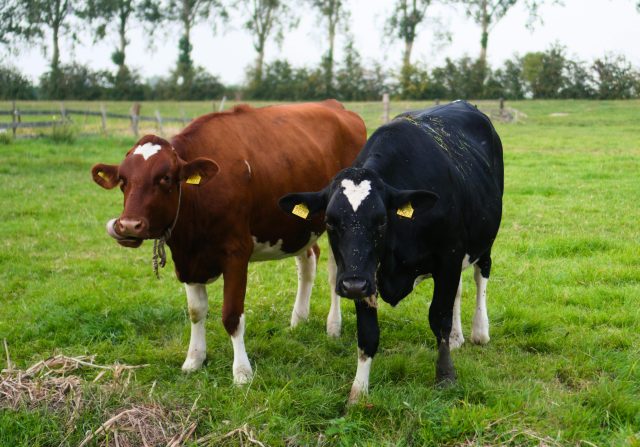
The recent action by the European Commission against China within the framework of the World Trade Organization (WTO) sends a clear message that Brussels will not tolerate abuse in the application of trade measures by Beijing.
The Commission’s decision to challenge an anti-subsidy investigation launched by China against European dairy products is a firm step in defending the interests of the dairy industry and highlights the importance of protecting our producers from unfair practices.
The background to this conflict is as follows: In August 2024, China initiated an investigation targeting European dairy products, including liquid milk, cream, and various types of cheese, accusing them of being subsidized under the EU’s Common Agricultural Policy (CAP).
According to Beijing, these subsidies harm its domestic dairy industry. However, the European Commission has expressed full confidence that the EU’s subsidy regimes strictly adhere to international standards and do not cause any real harm to Chinese producers.
This stance reflects Europe’s commitment to a strong and fair agricultural policy that respects global trade rules, without succumbing to baseless accusations.
Firstly, the EU’s decision to challenge the Chinese investigation is undoubtedly a necessary response to a worrying trend of Beijing abusively using trade investigations.
Protectionist measures based on questionable evidence and weak claims jeopardize the integrity of the global trade system. China has increasingly been resorting to these tactics, underscoring the need to act decisively to prevent dangerous precedents from being set.
In this context, it is crucial that the EU defends its industries from unjustified commercial aggression by third countries. The European dairy industry, a key economic pillar for several EU Member States, cannot be sacrificed in the name of trade diplomacy or appeasement to regimes like China, which often use their trade policies for political purposes.
Preserving the balance between free trade and the protection of our key industries, such as agriculture, which has been a cornerstone of our economies and a symbol of our identity, is essential.
The Common Agricultural Policy has been subject to criticism both within and outside Europe, but it cannot be denied that it has been crucial in maintaining the competitiveness of European farmers in the face of growing global competition. Thanks to the CAP, European producers have been able to ensure the food security of our nations while maintaining the high standards of quality that characterize EU food products.
However, these subsidies should not be confused with unfair practices. Rather, they are a legitimate tool to support a sector that is not only vital to our economy but also to our social and cultural fabric. In this sense, the European Commission’s defense of our dairy industry’s interests on the international stage is both fully justifiable and necessary. We cannot allow third countries to use the global trade system to impose restrictions that undermine our competitiveness.
This conflict also serves as a reminder of the importance for Europe to strengthen its position in global trade. In an international context increasingly marked by competition between trade blocs and the protectionist practices of powers like China, the EU must remain steadfast in defending its interests. This not only involves responding forcefully to abuses but also seeking new alliances and markets for our products.
The consultation requested by the EU before the WTO is the first step in a process that could escalate if a satisfactory solution is not found. However, the European Commission’s willingness to use all legal means at its disposal signals that Europe is determined to defend its producers.
The EU’s stance in this case is an example of firmness and determination in protecting our commercial and economic interests. The European dairy industry deserves to be shielded from unfounded accusations, and the European Commission’s action is a step in the right direction to ensure that European producers can continue competing in a fair global environment.



 Subscribe
Subscribe